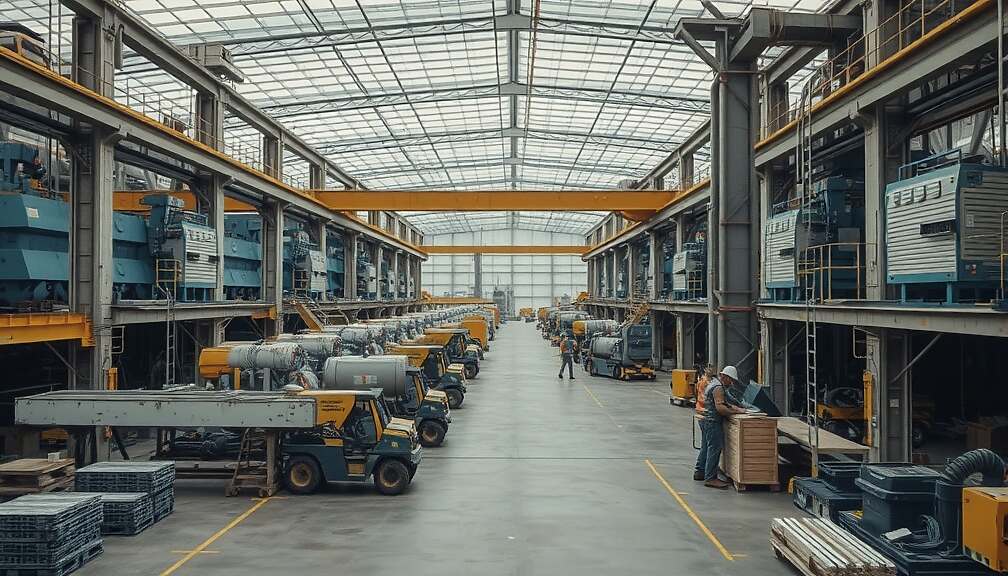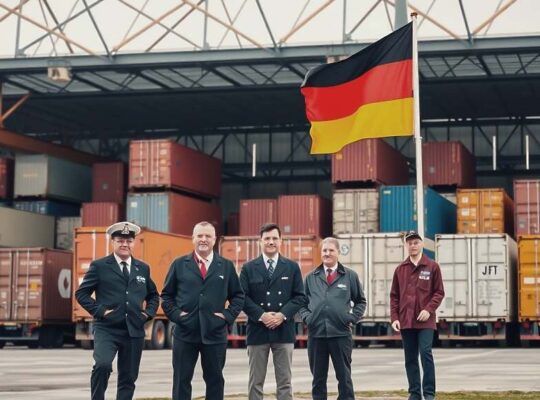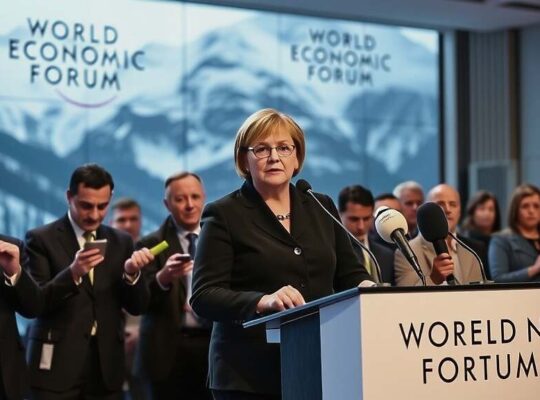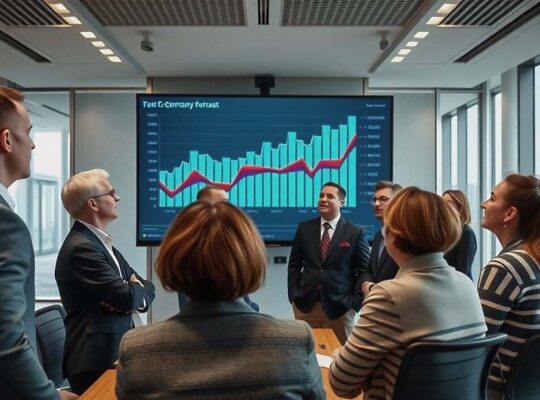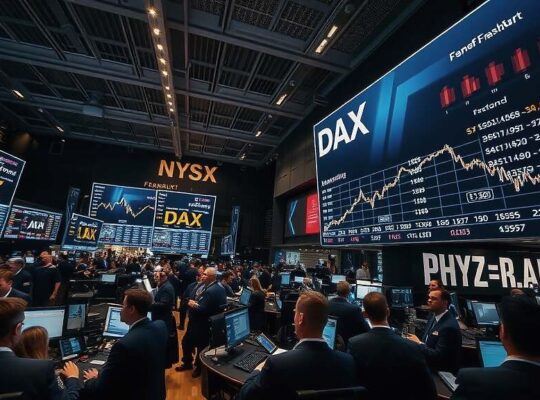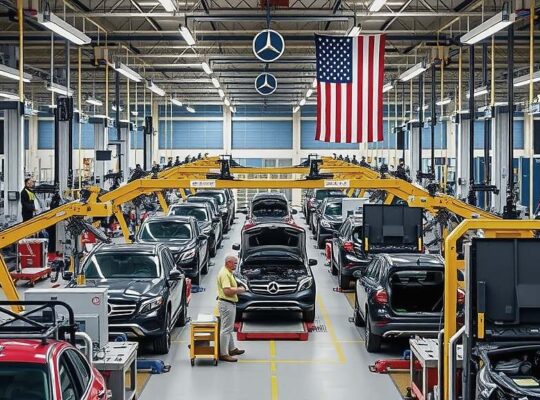Production Halt Looms for Volkswagen, Exposing Geopolitical Supply Chain Vulnerabilities
Germany’s largest automaker, Volkswagen, is bracing for a significant disruption to production across several key facilities, potentially beginning as early as next Wednesday. According to sources within the company, output of the iconic Golf model at the Wolfsburg plant is slated to be halted, with further stoppages predicted for other models in the coming days. This latest development highlights the increasingly precarious state of global supply chains and exposes the automotive industry’s dependence on geopolitically sensitive manufacturing hubs.
The immediate trigger for these impending production cuts is a severe shortage of semiconductors, a crisis exacerbated by escalating tensions surrounding the Dutch-based chip manufacturer, Nexperia. The company, a subsidiary of the Chinese-owned Wingtech, has experienced partial production shutdowns following the recent imposition of export restrictions on crucial components by the Chinese government. This decision, ostensibly intended to address national security concerns, has reverberated throughout the European automotive sector, particularly impacting Volkswagen, which relies heavily on Nexperia-supplied chips for various vehicle systems.
While Volkswagen has acknowledged the challenges, the extent of the potential impact remains unclear. Industry analysts are questioning the company’s contingency planning and long-term strategies for diversifying semiconductor sourcing. The incident underscores a broader vulnerability faced by European manufacturers, increasingly reliant on supply chains originating in regions subject to fluctuating political landscapes and potential trade restrictions.
The situation raises critical questions for the German government and the European Union. The reliance on Chinese-owned or Chinese-influenced semiconductor manufacturing facilities – despite geopolitical risks – represents a structural weakness that demands immediate attention. Calls are growing for a concerted effort to bolster domestic chip production capabilities and foster closer partnerships with alternative suppliers in regions deemed more politically stable. The Volkswagen production halt serves as a stark reminder of the potential cost of neglecting these crucial considerations, not just for the automotive industry, but for the broader European economy. The incident is likely to reignite the debate about industrial sovereignty and the need for a more robust and resilient manufacturing base within the EU.


